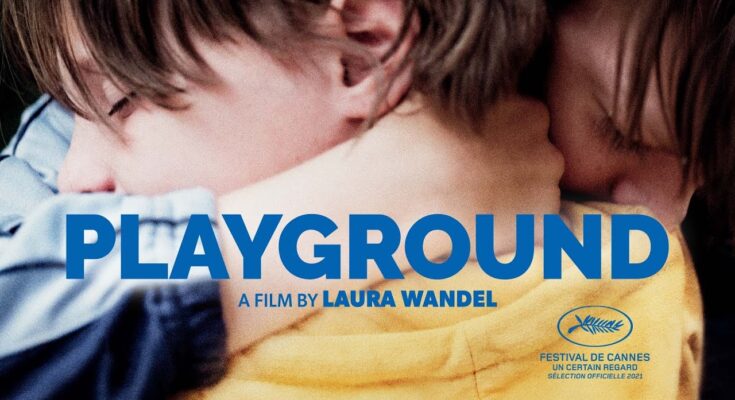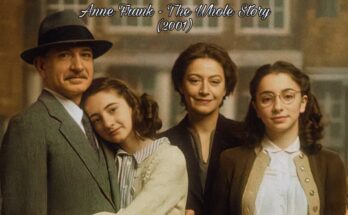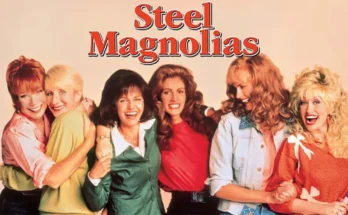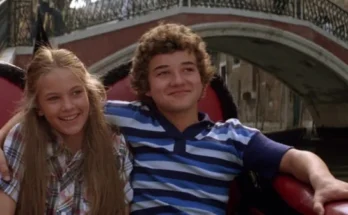Genre: Drama | Coming-of-Age | Social Realism
Playground (Un Monde) is a raw, intimate, and piercingly honest drama from Belgian director Laura Wandel that captures the fragile, brutal universe of childhood with startling clarity. Released in 2021, this quietly devastating film unfolds entirely from the perspective of a seven-year-old girl navigating the unforgiving social microcosm of her elementary school—a place that, here, feels more like a battleground than a playground.
The film follows Nora (Maya Vanderbeque), a sensitive and observant child who’s just starting primary school. Nora wants nothing more than to stay close to her older brother Abel (Günter Duret), who’s already dealing with bullying from other kids. Nora’s desperate to belong—to find a place where she feels safe, seen, and accepted. But when she witnesses Abel being tormented, she faces a heartbreaking dilemma: stay loyal and silent, or speak up and risk becoming a target herself.
Wandel shoots Playground almost entirely from Nora’s eye level. The camera sticks to her like glue, trapping the audience in the claustrophobic corridors, noisy cafeteria, and chaotic recess yard. The adult world looms at the edges but feels distant and indifferent. Teachers intervene too late or too superficially; parents offer comfort but no real solutions. In this environment, the kids rule—and the rules are harsh.
What makes Playground so powerful is its refusal to sentimentalize or oversimplify children’s cruelty. The film reveals how playground power dynamics mirror the wider world in miniature: alliances shift, victims become perpetrators, secrets turn to weapons. Nora’s journey is agonizingly believable—her small acts of courage and betrayal carry the weight of moral choices that seem impossibly large when you’re seven.
Maya Vanderbeque’s performance is remarkable in its naturalism. She captures the confusion, fear, and fierce loyalty of childhood without ever feeling forced. Her expressive face and searching eyes do most of the storytelling as she tries to navigate her brother’s suffering, her own longing to fit in, and the crushing realization that doing the right thing can hurt those you love most.
Wandel’s direction is spare but immersive, using tight framing, muffled sounds, and naturalistic lighting to pull viewers straight into the school’s sensory chaos. The film’s brief runtime—just over an hour—makes it feel like a single, suffocating school day you never quite escape.
Playground doesn’t offer easy resolutions or tidy moral lessons. Instead, it leaves a lasting impression by showing how early the struggle for belonging, loyalty, and survival begins—and how deeply the wounds of childhood can cut.
Unflinchingly honest yet deeply compassionate, Playground is a small film with a big impact. It’s a stark reminder that for many children, the playground isn’t just a place to play—it’s the first place they learn how power, silence, and fear shape who we become.



